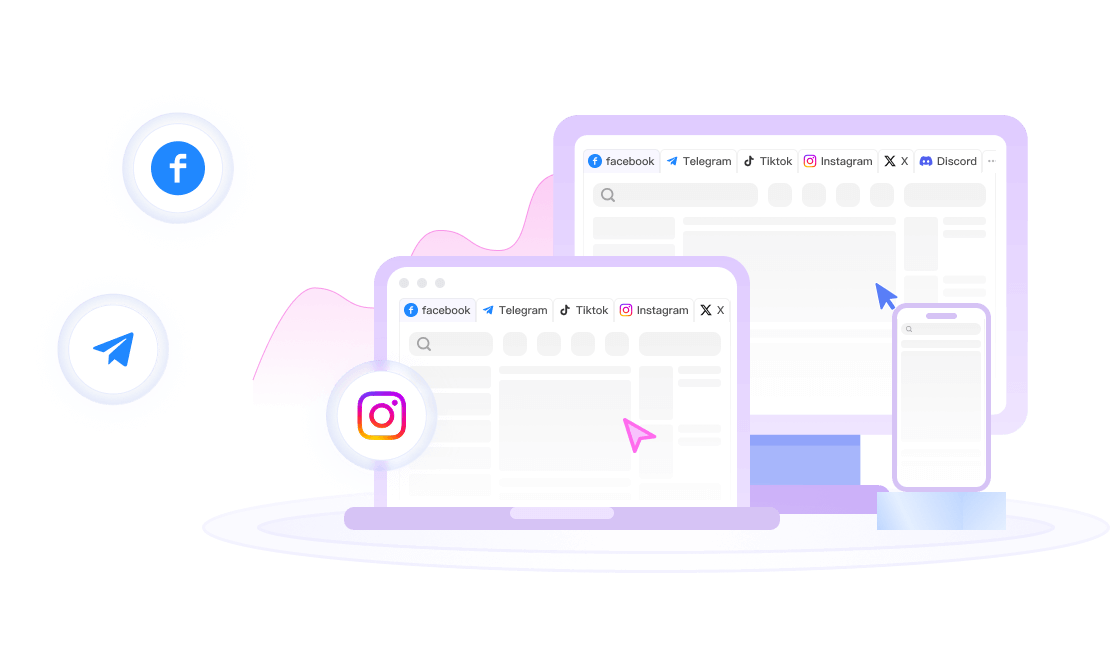What is FOFA? A Comprehensive Guide to the Cyberspace Search Engine
In the world of cybersecurity, information is power. Whether you are a “white hat” hacker protecting assets or a researcher hunting for vulnerabilities, the ability to quickly and accurately discover devices and services exposed on the internet is crucial. FOFA is a powerful tool built for this exact purpose—a cyberspace search engine. This article provides a comprehensive overview of FOFA through a 10-question Q&A and discusses how to protect your own digital footprint while using such tools.
10 Questions and Answers about FOFA
1. Q: What exactly is FOFA?
A: FOFA is a cyberspace search engine. Unlike Google, which searches web content, FOFA focuses on indexing “assets” exposed on the internet, such as servers, webcams, databases, industrial control systems (ICS), and Internet of Things (IoT) devices. It helps users find these assets by searching for specific technical fingerprints.
2. Q: Who uses FOFA?
A: The primary users of FOFA include security researchers, penetration testers (white hats), and enterprise security teams. They use it for asset discovery, risk assessment, vulnerability intelligence, and threat hunting.
3. Q: What is the fundamental difference between FOFA and Google?
A: Google indexes content on web pages, like text, images, and videos. FOFA, on the other hand, indexes the metadata of network assets, such as IP addresses, open ports, running services, certificate information, and device banners. In short, Google finds “content,” while FOFA finds “things.”
4. Q: What kind of information can I find with FOFA?
A: You can find IP addresses, geographical locations, open ports, protocols in use, service banner information, website titles, server types, and more. With advanced queries, you can even locate devices running specific software versions or those with known vulnerabilities.
5. Q: Can you give an example of a basic FOFA search query?
A: Certainly. A simple query is domain="example.com", which finds all assets related to that domain. Another example is port="3306" && country="SG", used to search for devices in Singapore with the default MySQL port (3306) open.
6. Q: Is using FOFA legal?
A: Yes, searching for information on FOFA is legal, as it only crawls and indexes publicly accessible data. However, how you use that information is critical. Accessing or attacking systems you find without authorization is illegal. FOFA is intended for defensive security and legitimate research.
7. Q: Does FOFA have a free version?
A: Yes. FOFA typically offers a free tier for registered users, but it comes with limitations on the number of search results and access to advanced features. A paid subscription is required for users who need unlimited results and advanced API access.
8. Q: What are “F Points” or “F Coins” in FOFA?
A: This is the virtual currency within the FOFA platform. Users can spend F Points (or F Coins) to perform advanced queries, export data, or use specific API features. F Points can be purchased or earned through platform activities.
9. Q: How can companies use FOFA to improve their security?
A: Companies can use FOFA to proactively discover their own assets exposed to the public internet, including forgotten test servers, misconfigured devices, or unsecured IoT hardware. This helps them identify and remediate potential attack surfaces and vulnerabilities before attackers do.
10. Q: Are there alternatives to FOFA?
A: Yes, other well-known cyberspace search engines include Shodan, Censys, and ZoomEye. Each tool has its unique dataset and functional focus, and security professionals often use them in combination.
Protect Yourself During Security Research with FlashID
When you use tools like FOFA for security research or asset reconnaissance, protecting your own digital environment and identity is paramount. Your browser fingerprint—which includes details about your operating system, browser version, fonts, and plugins—can be easily tracked by the websites or services you interact with.
This is where a fingerprint browser like FlashID comes into play.
FlashID allows you to create and manage multiple, completely separate browser environments. Each environment has a unique and authentic browser fingerprint, effectively isolating your online activities from one another. This prevents websites from correlating your identity or blocking your access based on your environment’s fingerprint. For security professionals who need to manage multiple accounts, conduct discreet investigations, or maintain anonymity during research, FlashID is an essential tool for enhancing privacy and operational security.
You May Also Like
